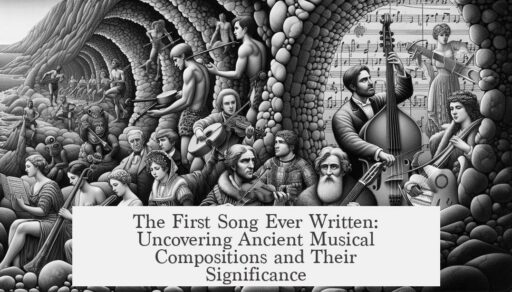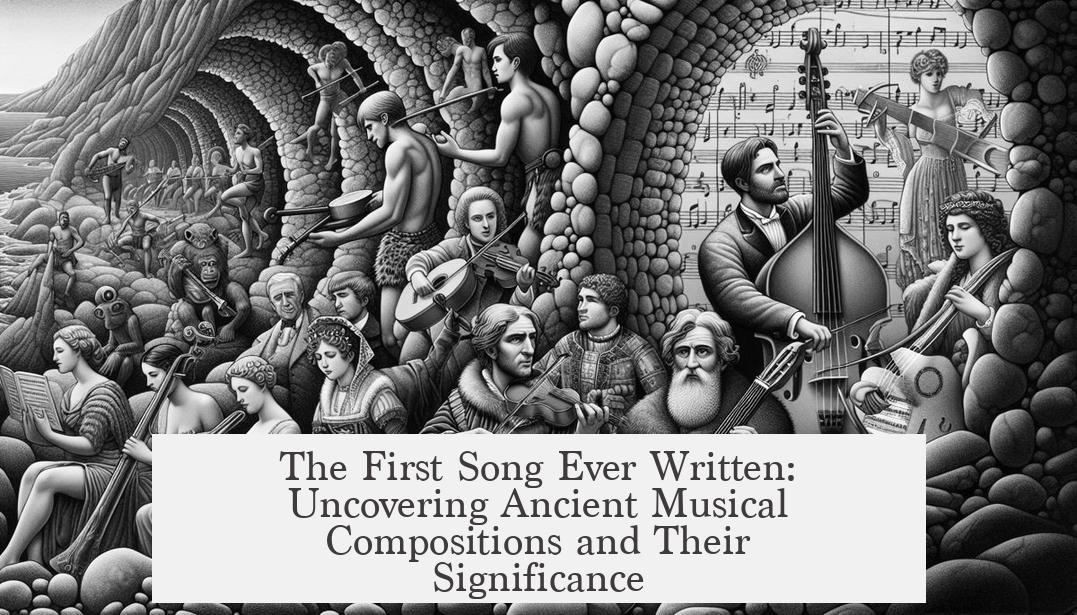Identifying the very first song ever written is impossible due to the lack of recorded history. The earliest known musical composition that survives is the Hurrian Hymn no. 6, dating to around 1400 BCE. This piece, however, is incomplete because some parts of its clay tablet are damaged.
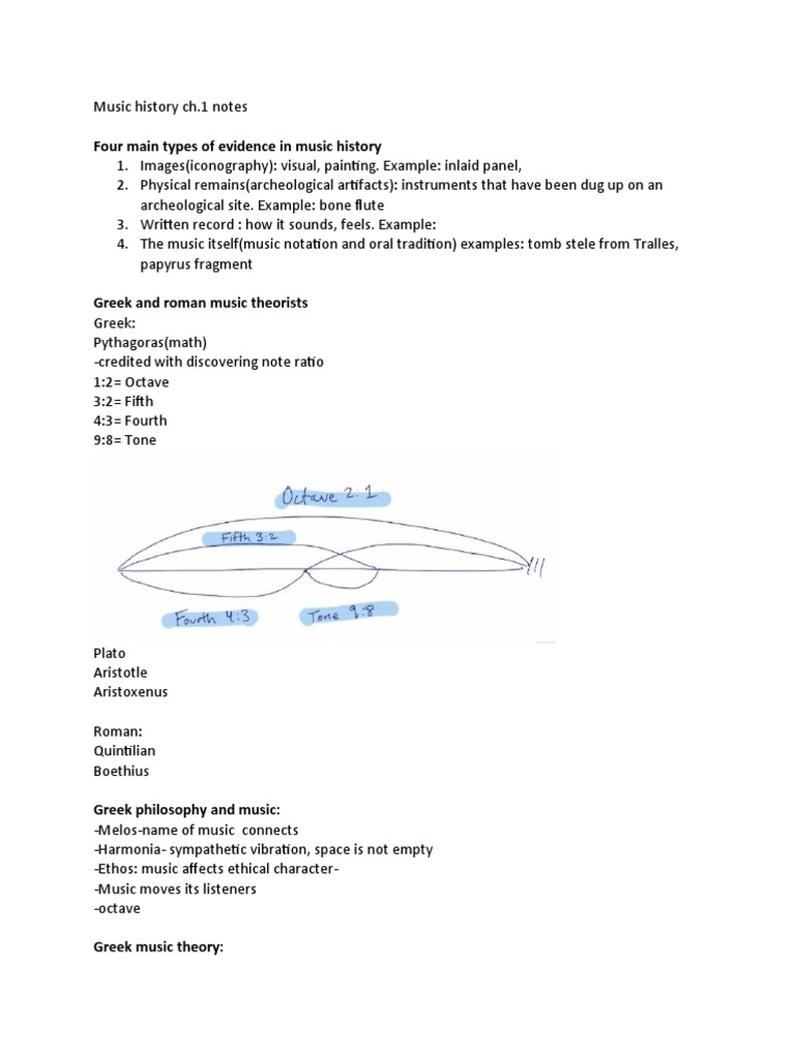
The Hurrian Hymn no. 6, also called the Hymn to Nikkal, was discovered in the ancient city of Ugarit (modern-day Syria). It provides one of the oldest glimpses into musical notation and song structure from antiquity. Despite its age and fragmentary state, it remains a key artifact in music history.
When considering the oldest complete musical piece, the Seikilos Epitaph holds that title. It dates from the 1st or 2nd century CE and comes from ancient Greece. The inscription includes both notation and lyrics. The words can be translated as a philosophical message about life and death:
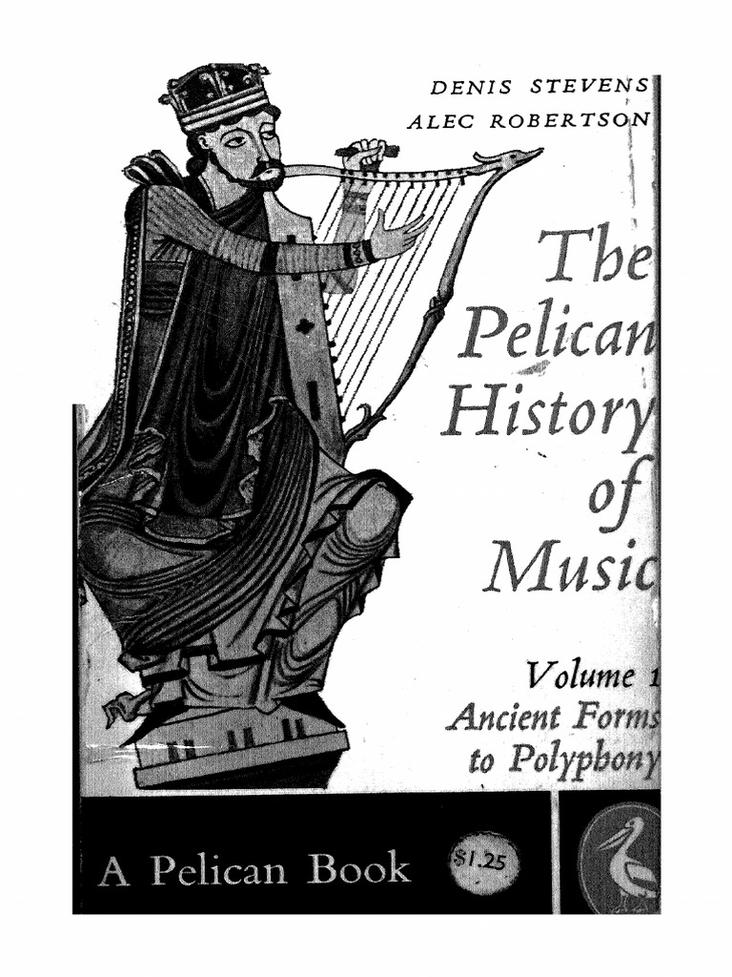
Hóson zêis, phaínoumēdèn hólōs sù lupoûpròs olígon ésti tò zêntò télos ho khrónos apaiteî
In English, this means “While you live, shine / Do not suffer anything at all / Life lasts only a short while / And time demands its end.” It symbolically connects music to the human condition.
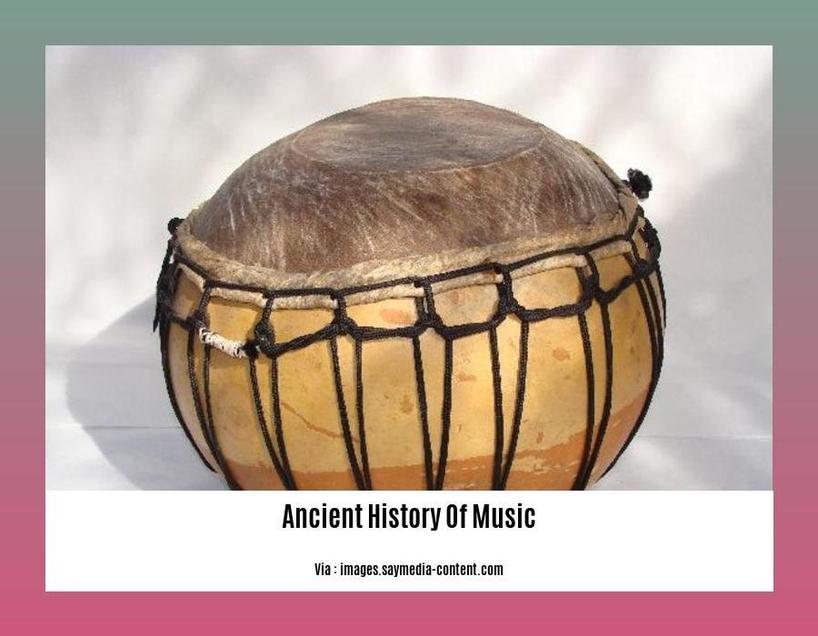
Regarding early songs in the English language, “Sumer is Icumen In” is often cited as the earliest known example. This medieval round dates to the mid-13th century and is known for its joyful depiction of summer. It gained cultural recognition partly thanks to its feature in films such as “The Wicker Man.”
| Song | Date | Notes |
|---|---|---|
| Hurrian Hymn no. 6 | c. 1400 BCE | Oldest surviving, incomplete |
| Seikilos Epitaph | 1st–2nd century CE | Oldest complete musical composition |
| Sumer is Icumen In | Mid-13th century CE | Earliest known English song |
- The first recorded song cannot be known with certainty.
- Hurrian Hymn no. 6 is the oldest surviving fragmentary song.
- The Seikilos Epitaph is the oldest complete surviving song.
- “Sumer is Icumen In” is the earliest known English song.
Which Was the First Song Ever Written? Let’s Hit the Right Note
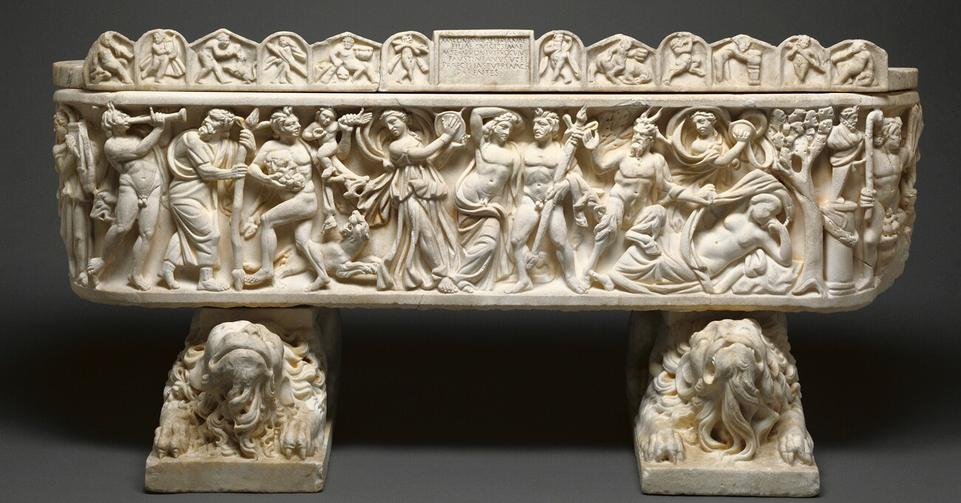
So, which was the first song ever written? Here’s the honest truth: no one really knows. The quest to identify the very first song is like trying to catch a shadow in a fog—impossible. Music predates history, and without recordings or comprehensive documents from prehistoric times, the “first song” is forever lost in the mists of time.
The question itself hides a sneaky flaw. When people ask “Which was the first song ever written?” they usually mean “Which is the oldest song we still have access to today?” Because, well, actual “first” composed music is just lost—no manuscripts or tablets survived the harsh passage of time. Let’s tune into what *we can* confidently explore: the oldest surviving songs and compositions.
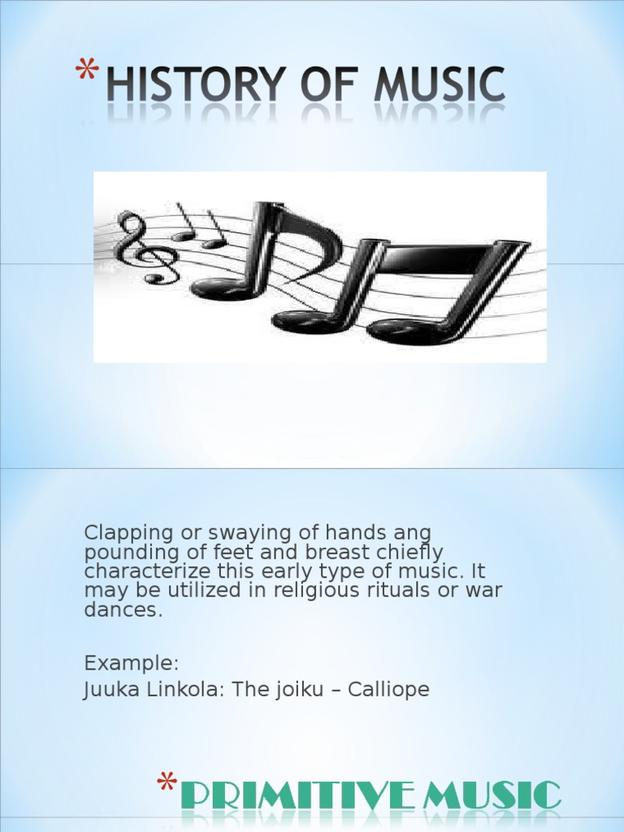
The Oldest Surviving Musical Composition: Hurrian Hymn No. 6
If you want to impress a crowd with a true classic, mention the Hurrian Hymn No. 6. This tune is literally ancient, dating back to around 1400 BCE. Think about it—that’s over 3,400 years ago. Discovered on clay tablets in the ancient city of Ugarit (modern-day Syria), it’s the oldest known musical notation we’ve found so far.
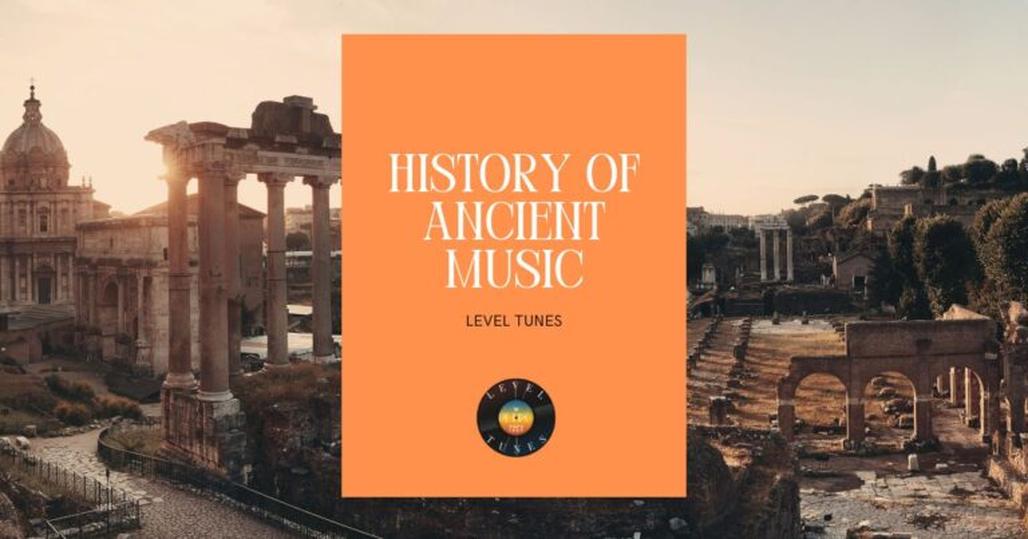
But before you request a rendition at your next party, a quick heads-up: the tablet is damaged and incomplete. So, the melody we’ve pieced together has some gaps, making the tune more like an archaeological patchwork quilt than a full symphony.
Still, the Hurrian Hymn No. 6 is a magnificent peek into ancient music culture. It was dedicated to Nikkal, the goddess of orchards, showing how music intertwined with religious rituals even then.
The Oldest Complete Musical Composition: Seikilos Epitaph
Ready for something you can sing from start to finish without any missing notes? Enter the Seikilos Epitaph.
Carved on a tombstone from the 1st or 2nd century CE, this lyrical gem is our oldest surviving complete music piece. Imagine that—a song engraved on a gravestone offering a melodic farewell to a loved one.
| Seikilos Epitaph Lyrics (in Ancient Greek) |
|---|
| Hóson zêis, phaínou mēdèn hólōs sù lupoû pròs olígon ésti tò zên tò télos ho khrónos apaiteî |
Translated, this means:
“While you live, shine Have no grief at all Life exists only for a short while And time demands its toll.”
This little song packs a punch. It’s a musical reminder about the fleeting nature of life—music and mortality intertwined for over 2,000 years.
The Earliest Known Song in English: “Sumer is Icumen In”
What about English? If you’re curious about the earliest known English song, “Sumer is Icumen In” probably holds the crown.
This medieval melody comes from the 13th century and whispers the arrival of summer with a catchy round. Fun fact: it’s heard in the final scene of the cult classic film The Wicker Man, adding a spine-chilling vibe to the ancient tune.
So yes, “Sumer is Icumen In” isn’t just a cute old song—it’s a historical treasure that survived centuries of cultural change to speak to us today.
Why Does Knowing the First Song Matter (or Not)?
We humans love origins stories. Finding the “first” anything feels like unlocking a secret code. But music, unlike inventions with precise birthdates, evolved—built piece by piece by countless unknown hands, voices, and hearts over thousands of years.
Besides, the oldest surviving songs show how music’s power to connect emotions, tell stories, and celebrate life hasn’t changed. Whether carved on ancient clay or engraved on gravestones, music remains a universal language.
Instead of stressing about “the first song,” wouldn’t it be cooler to appreciate these ancient tunes for what they are? Windows into the lives, beliefs, and joys of our ancestors who felt emotions just like us—and turned them into music.
Practical Tips for Diving into Ancient Music History
- Start by listening to recorded versions of the Hurrian Hymn No. 6 and the Seikilos Epitaph to feel the music’s vibe.
- Explore medieval English music by hearing “Sumer is Icumen In”—it’s catchy and easy to sing along.
- Check out museums or university collections with ancient musical artifacts if you love history and music combined.
- Read translations and interpretations of old lyrics; they hold philosophical wisdom still relevant today.
Wrapping It Up—Music’s Timeless Mystery
So, the first song ever written? We’ll never know. But the oldest surviving songs give us a front-row seat to humanity’s earliest musical expressions, proving that music is an enduring thread in the fabric of our shared history.
Next time you hum a tune or share a song with friends, remember—you’re part of a tradition stretching back thousands of years. That’s quite the playlist legacy!
